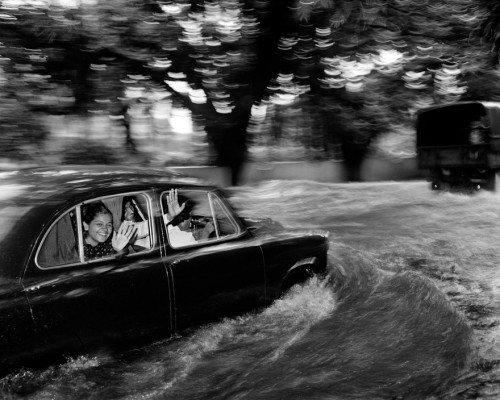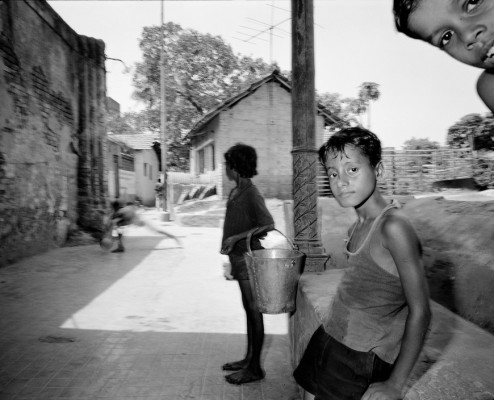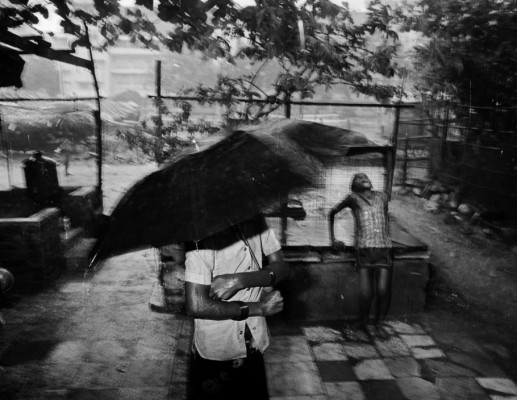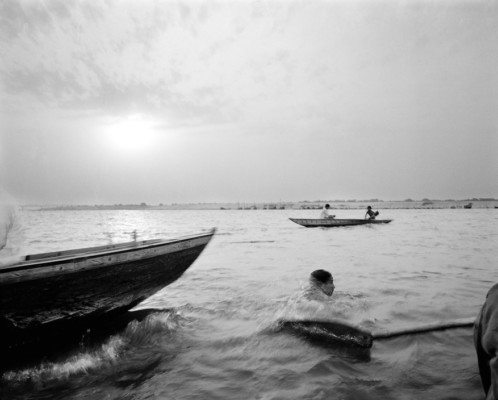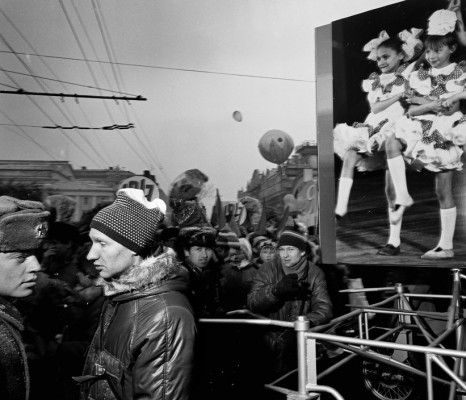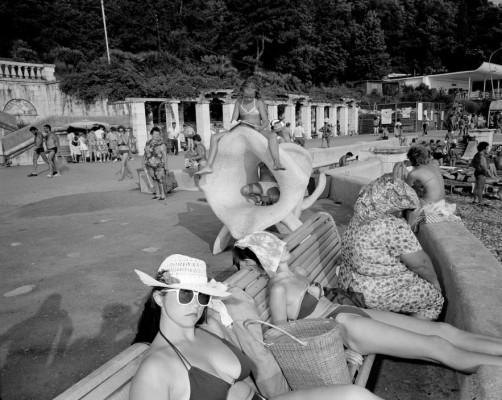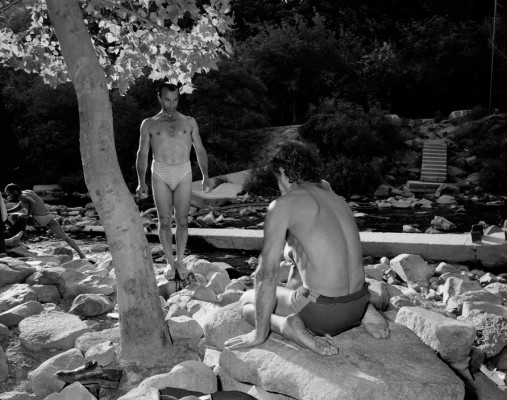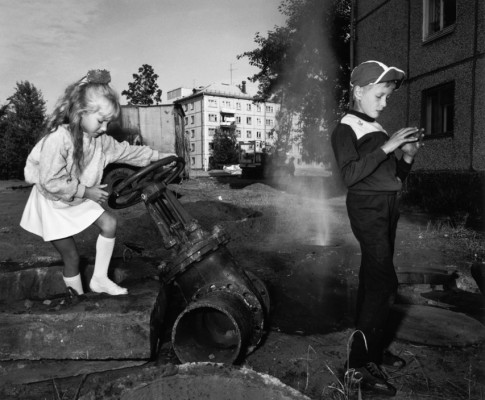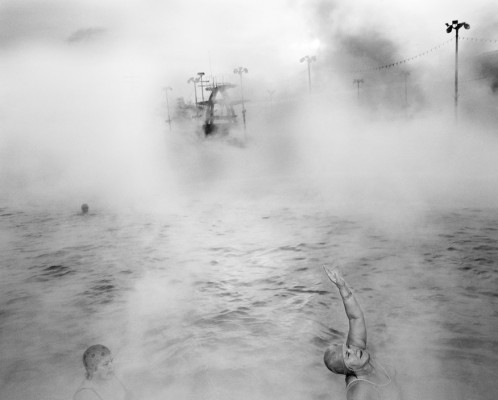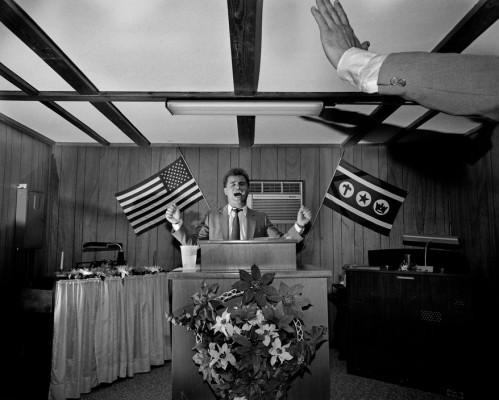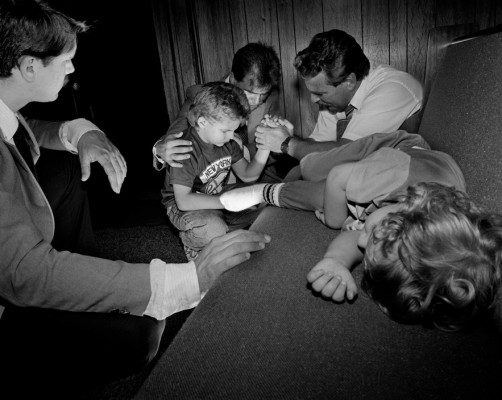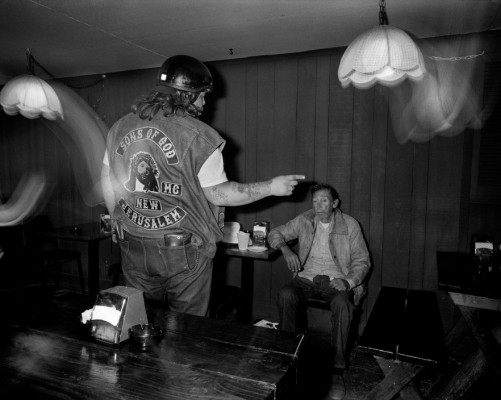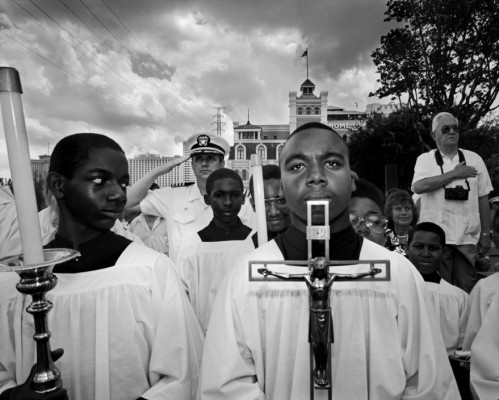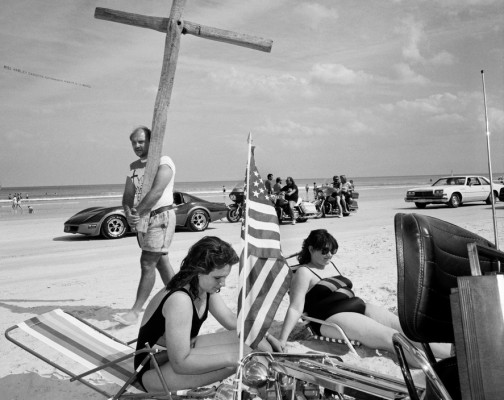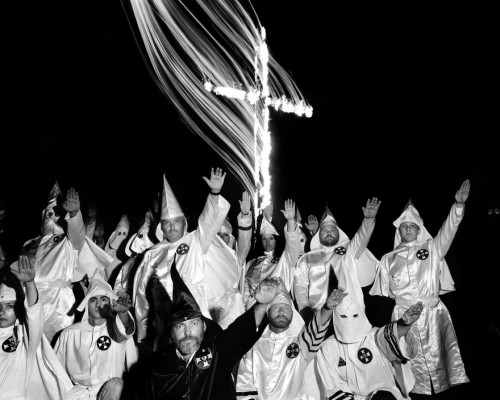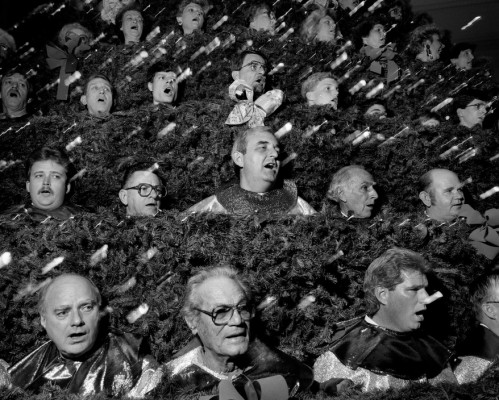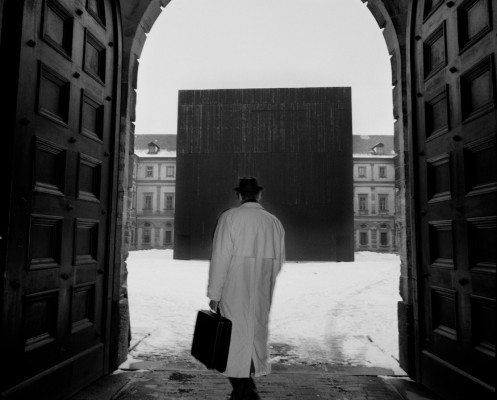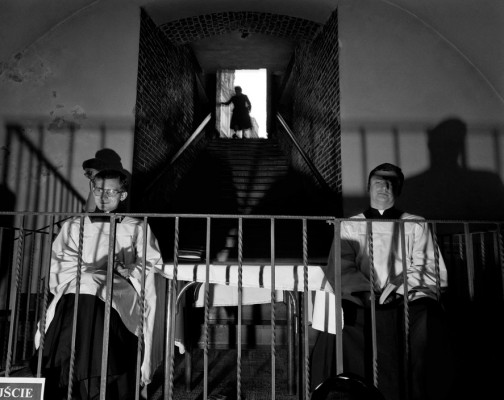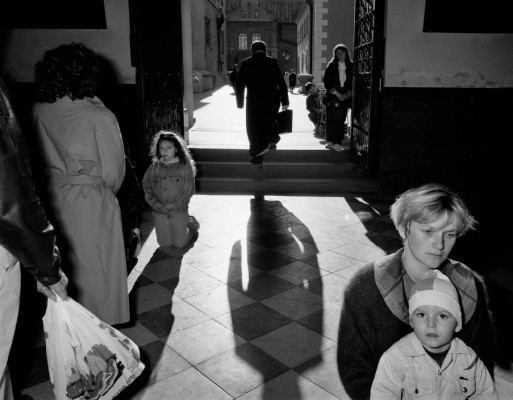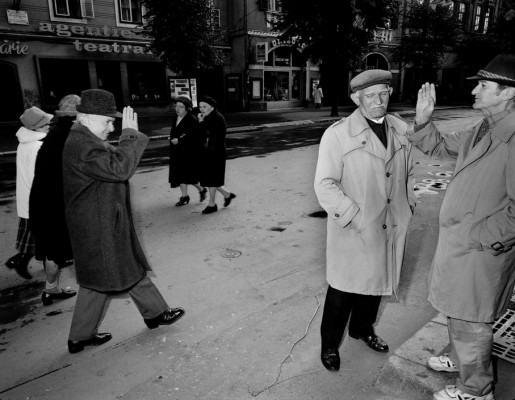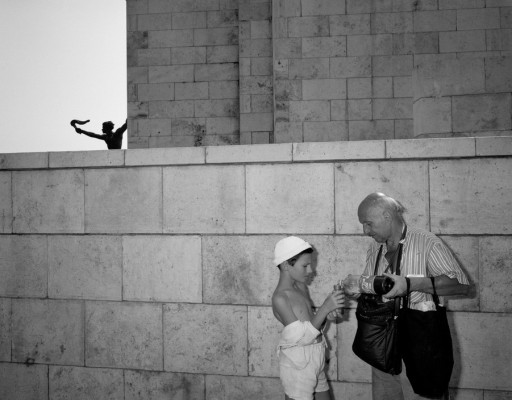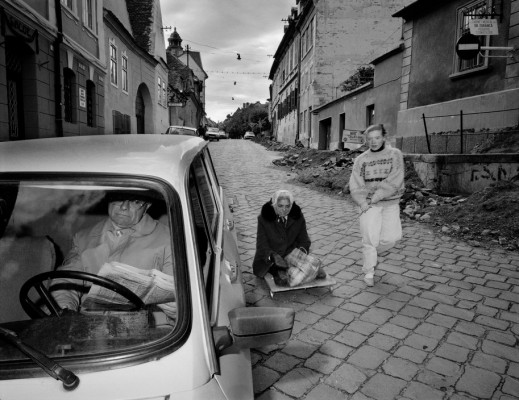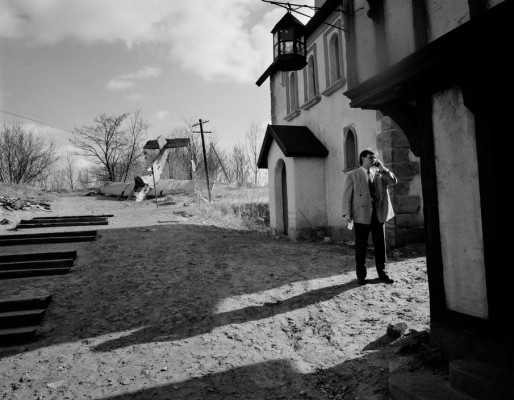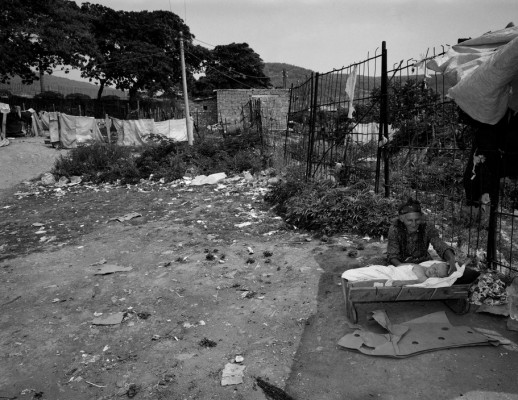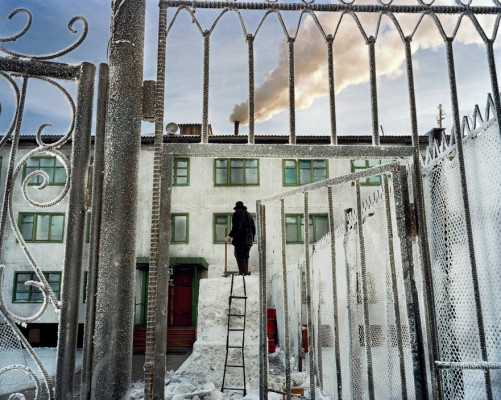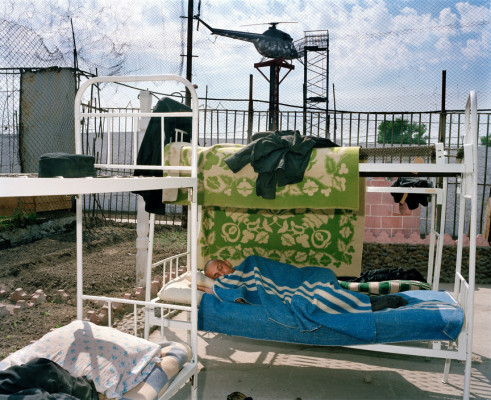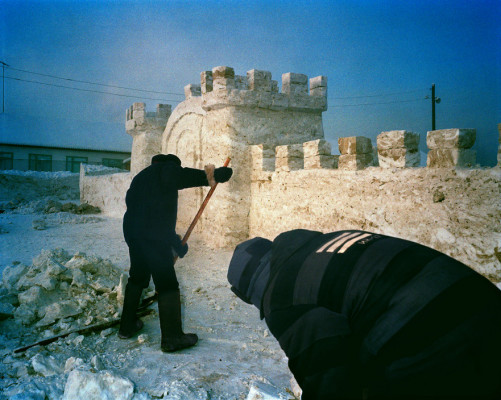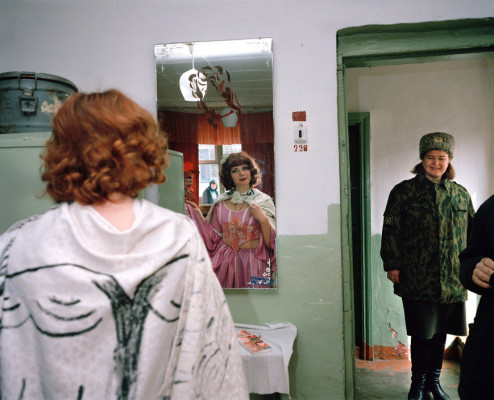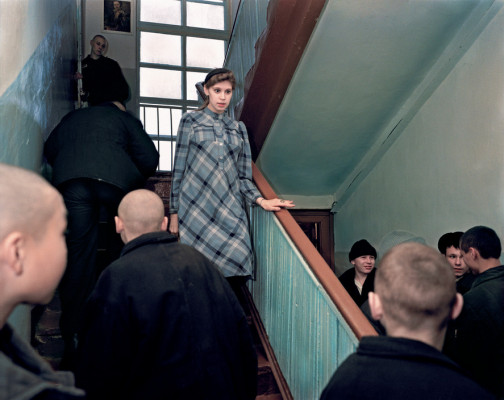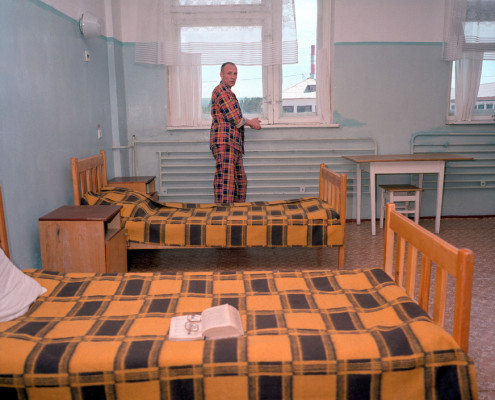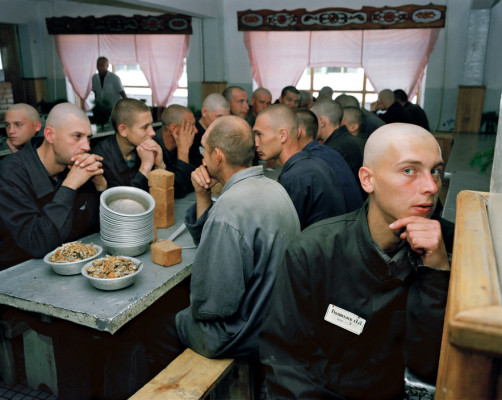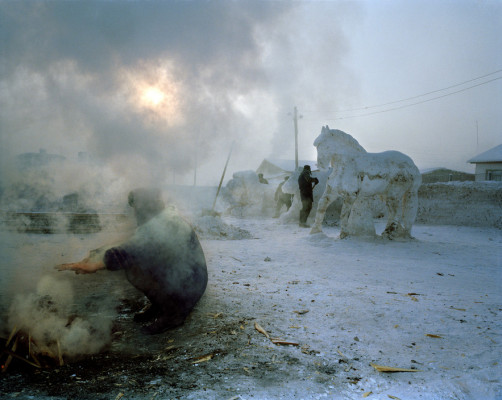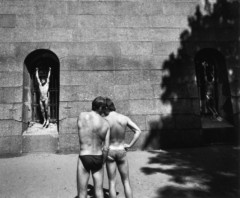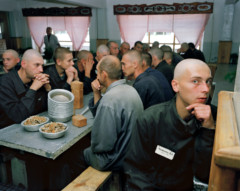Carl De Keyzer’s new book examines religion as a product, giving an updated insight on how faith shapes the United States today
"I want to question the images that are in our memory. There is always a double level in my work; what you see is true and at the same time not true."
- Carl De Keyzer
Carl De Keyzer was born in Belgium in 1958. He started his career as a freelance photographer in 1982, while supporting himself as a photography instructor at the Royal Academy of Fine Arts in Ghent, Belgium. At the same time, his interest in the work of other photographers led him to co-found and co-direct the XYZ-Photography Gallery. A Magnum nominee in 1990, he became a full member in 1994.
De Keyzer constructs book and exhibition projects through an accumulative approach, using large and medium formats. Examples are Homo Sovieticus (1989), about the collapse of the Soviet Union; ZONA (2003), visiting 50 prison camps in Siberia; Trinity (2007), a conceptual book about the trinity of power; and DPR Korea (2017). His seminal project, God Inc. I and II, captured religious life on the margins of American society in 1992 and 2020, respectively.
Systems of power and their visual impact on society are the main themes of De Keyzer’s work. Subjects such as colonialism, communism, and religion are documented in their own propagandistic style. Aesthetics and “house styles” of the systems in question are then adopted to obtain a layered effect.
De Keyzer, who has exhibited his work regularly in galleries and museums worldwide, is the recipient of a large number of awards, including the Book Award from the Arles Festival and the W. Eugene Smith Award (1990) and the Kodak Award (1992).



